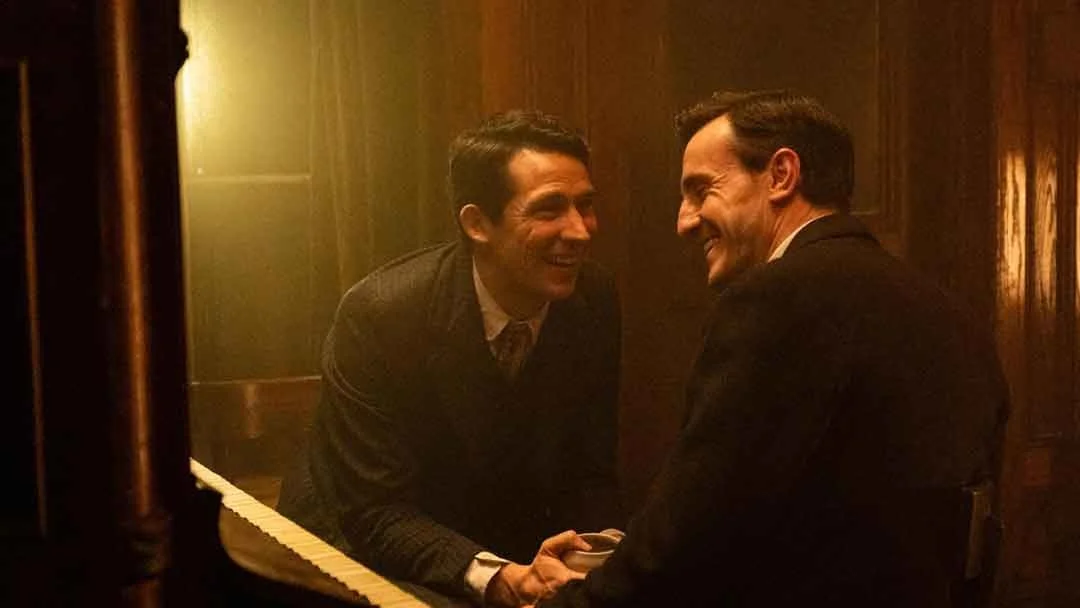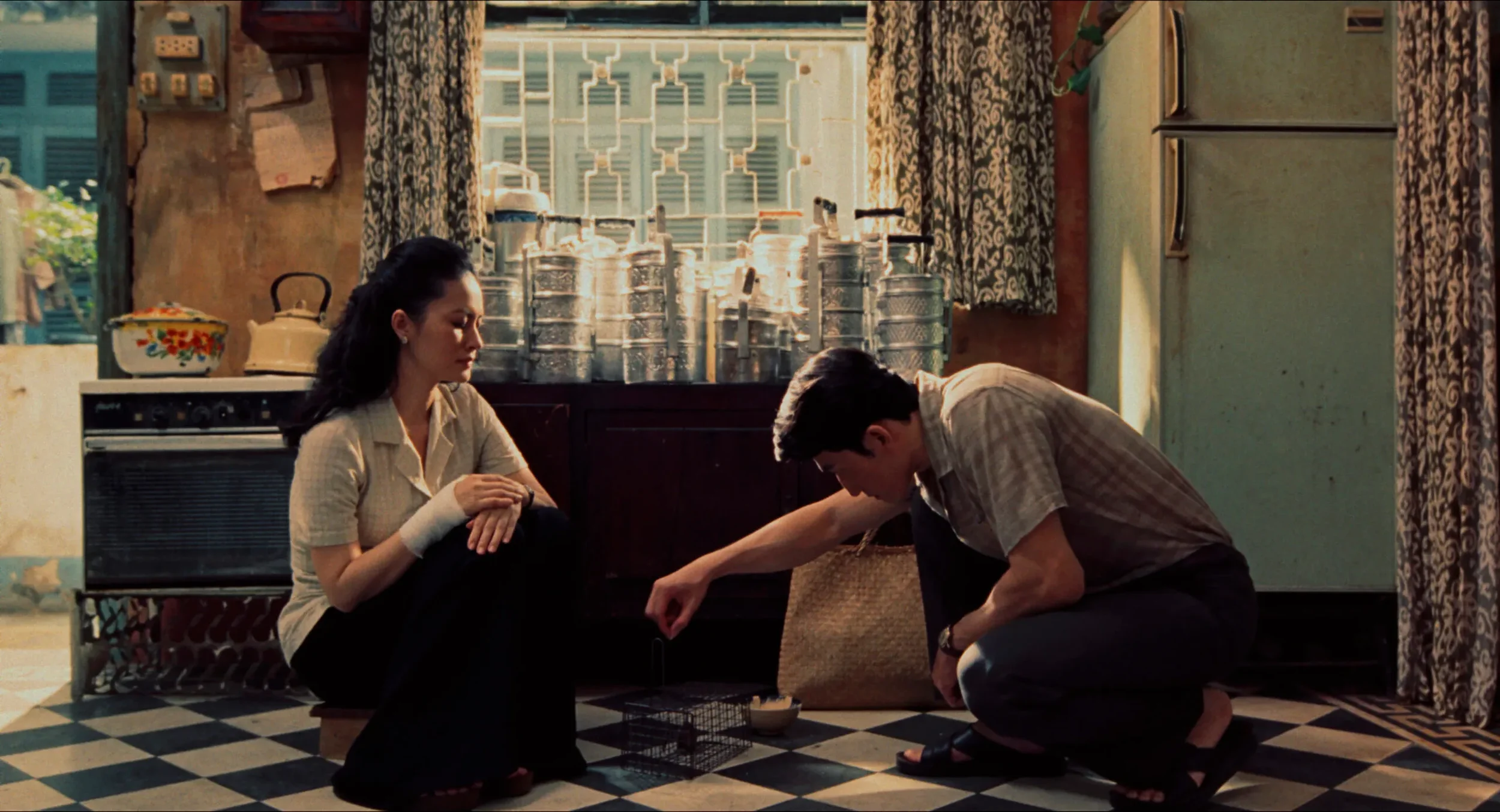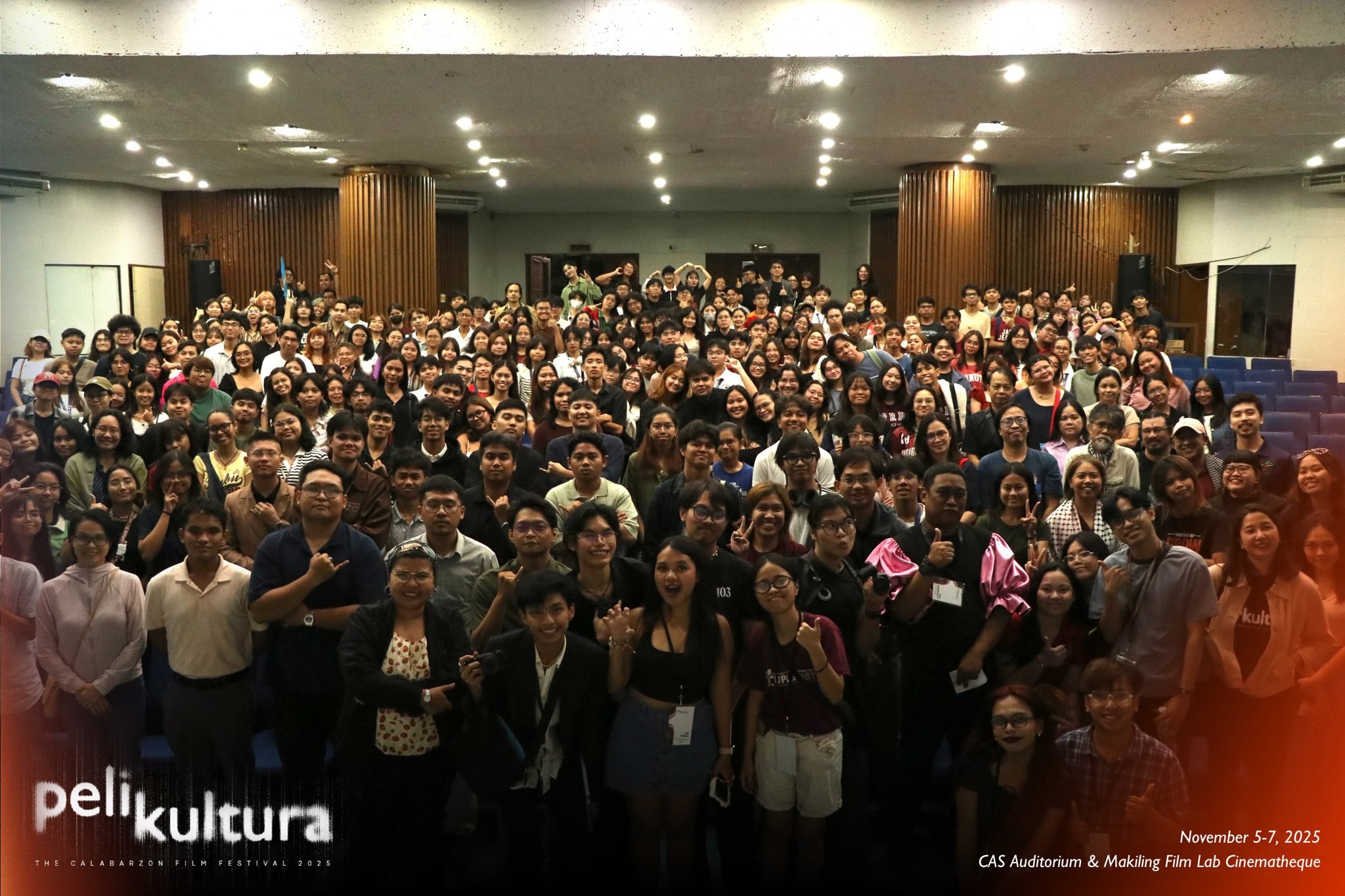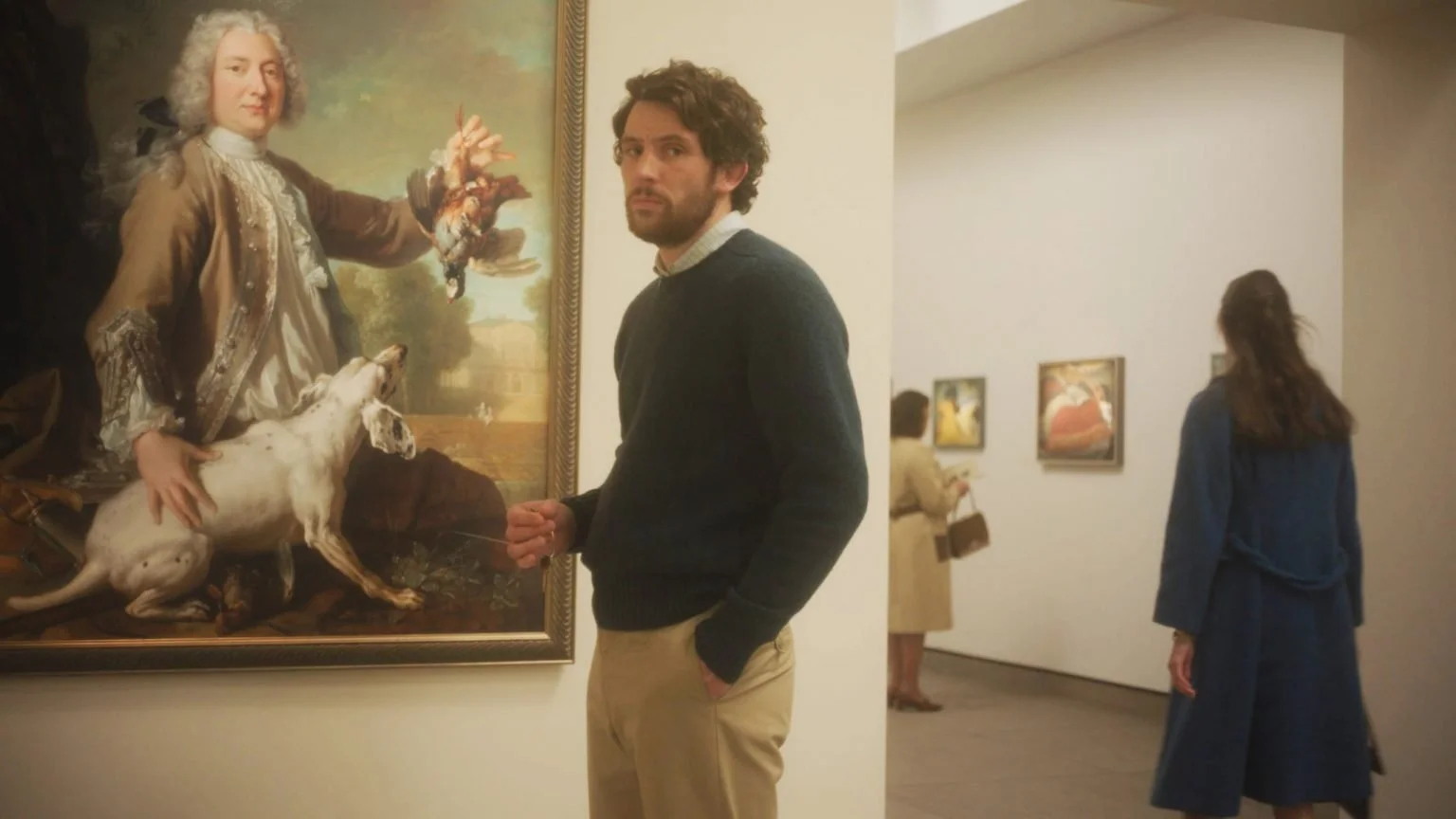‘The Silence of Others’ REVIEW: Giving voice to the silenced
‘The Silence of Others’ REVIEW: Giving voice to the silenced
Imagine waking up each day knowing that you live on a street dedicated to a war criminal. José Galante wakes up every morning knowing that his tormentor lives only a few meters away from him. Each day, Maria Martín seeks to have her mother's bones exhumed from a mass grave and laid to rest close to her father's remains. These are the lives of Franco's victims, who are told to forget the past, to forget the atrocities, the acts of terror, the decades of ruthless repression, and just move on and worry about the future.
How can you bring justice for crimes that are committed by the state? By involving the courts of the world. That's the idea of Universal Jurisdiction. Crimes against humanity can be prosecuted by any court in the globe at any time. But Spain's Amnesty Law has made this impossible. The Silence of Others is a monumental film that openly questions and confronts this issue and the long forgotten historical record of grievous crimes that were committed during Franco’s 40-year dictatorship; as they construct a small but dedicated group of people who demands universal jurisdiction in pursuit of justice for the victims whose torturers still roam freely amongst them. The film serves as a stark reminder about the consequences of the “Pact of Forgetting” and Fascism, profoundly tackling issues about transitional justice and impunity.
Documentaries like this are of paramount importance when the present generation is being kept in the dark about the dark history of their nation. When you have a government in their current affairs that is set to commemorate a regime that persecuted, tortured, and killed hundreds if not thousands of people. Torturers go unpunished, their names live on streets, and the bodies that they executed are in mass graves and still not identified. The sense of frustration because of injustice and the sadness and the unsettling slight chance that the victims will end up dying of old age before any change happens was profoundly shown all throughout the film, as do all the obstacles they are forced to face when the country, rather than cleaning up its past and making peace with it, prefers to bury it in the same mass grave that was caused by the Franco’s regime.
Morally contentious on every element, the film creates a good balance and combination between information and empathy, reflected in the specific cases that the documentary tackled; If you think that this only opens closed wounds like what other individuals said in the documentary, It’s not. This film is a brilliant exercise in historical recovery and reconstruction that professes justice and forgiveness through memory. One could only hope that by ending the long imposed silence and Amnesty law, matters in Spain will begin to shift and the country will begin to properly grapple with its history, because any country that refuses to acknowledge and confront its history is condemned to repeat the same mistakes at a much larger cost in the future. There's still a lot of progress to be made along the way, and The Silence of Others is an attempt to remind us that there are still missions to be accomplished, rights and liberties to be fought for, and holes in our written history that yet need to be filled. Through the combination of historical records and sheer human grief, The Silence of Others is a powerful and poignant way of closing such gaps in Spain's history. It's an introspective journey in quest of peace and reconciliation.
The Silence of Others will be screened at The Dokyu Power festival from March 25-27 in Cinema Centenario’s website, MOOV. Click here to access the website.












